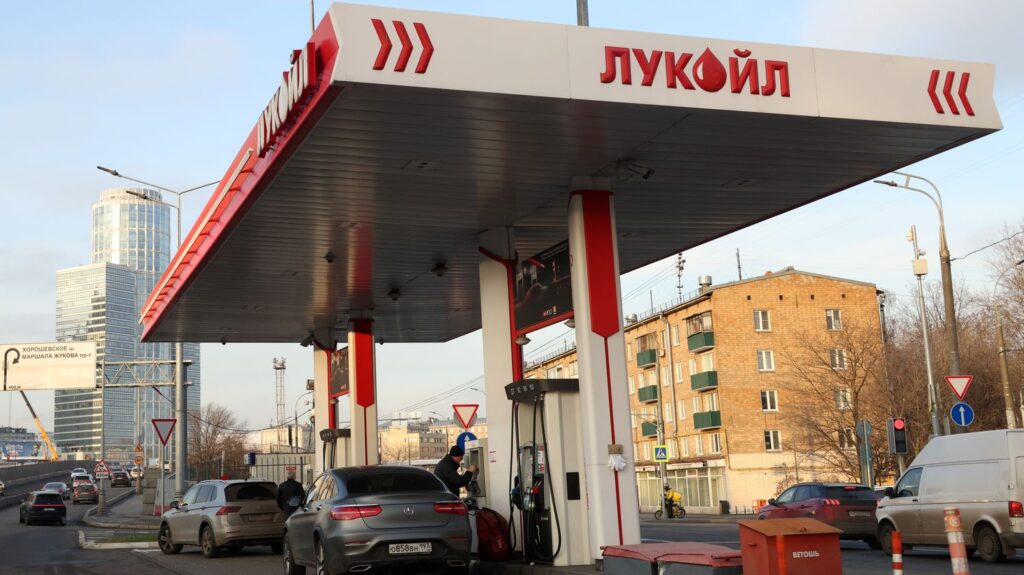The sanctions announced by Donald Trump against “pillar companies” of Russian oil come into force on Friday. A hard blow for the companies Rosneft and Lukoil, which have already lost their biggest customers.
/2024/03/04/isabelle-labeyrie-1-65e602ca22d64677216009.png)
Published
Updated
Reading time: 4min
/2025/11/21/gettyimages-2247101400-6920131ad2a01784461444.jpg)
In Russia, oil is still flowing, but is finding fewer and fewer customers. The American sanctions, announced by Donald Trump on October 22, come into force on Friday November 21. They hit the two main Russian oil companies, Rosneft (state-owned) and Lukoil (private company). These two groups are all the more embarrassed because their biggest foreign buyers have already changed suppliers.
In India, for example, where the world’s largest refinery is located (Jamnagar), the private group Reliance has until now ordered 500,000 barrels per day from Rosneft. But Reliance Industries confirmed on Thursday, November 20, that it had stopped everything for its products reserved for export to Europe and the United States. Crude from the Ural foothills which was used to refine gasoline, diesel and kerosene is now replaced by Iraqi and Saudi oil.
Announcements of the same type have multiplied in recent days, in China and Turkey. All in all, these countries would rather be angry with Moscow than with Washington. Result ? Stocks are piling up and prices are falling, while Russia needs this oil money to finance its war machine. Black gold represents more than 30% of its total budget.
These sanctions also have very concrete consequences for European consumers. In Finland, in particular, where the local subsidiary of Lukoil, Teboil, is preparing to close all of its 430 service stations. This represents one station in five and nearly 1,200 jobs. The operator has also been warning the government for several weeks: when the tanks are empty, the stations will have to close their doors.
The Finns will be able to refer to other distributors, but at Lukoil, the prices at the pump were much more attractive than elsewhere. Beyond Finland, the group also has stations in the Baltic countries, Romania and Bulgaria.
Bulgaria, to escape sanctions, has decided to nationalize Lukoil’s assets on its soil. The group, in a quasi-monopoly situation, represents 10% of Bulgarian GDP. He owns a refinery in Burgas, on the shores of the Black Sea, which is the largest company in the country. In Bulgaria, Lukoil is also the main supplier of fuel to airlines.
To avoid supply disruptions and a real economic crisis, the group was placed under supervision. The state has appointed an administrator who will manage the sale of assets and deposit the proceeds into a government account. Which makes the opposition say that the funds will go directly into the pockets of the oligarchs who pull the strings of the executive… But that’s another story. Bucharest has until the end of April to organize itself: Washington has given it a deadline.
In Hungary, Viktor Orbán, ideological ally of Vladimir Putin, but also of Donald Trump, also obtained a waiver from the United States: at least one year, to diversify his sources of supply – something he has never sought to do until now.
In all cases, it is the Russian oil groups who are the losers. According to the calculations of Financial Timeswith the end of its international activities, Lukoil risks losing 14 billion euros. Since the start of the war in Ukraine, this would be the most significant setback suffered by a Russian company due to Western sanctions. Its main shareholder, Vagit Alekperov, ranked by the magazine Forbes as the richest man in Russia, will have to come down from his pedestal.


